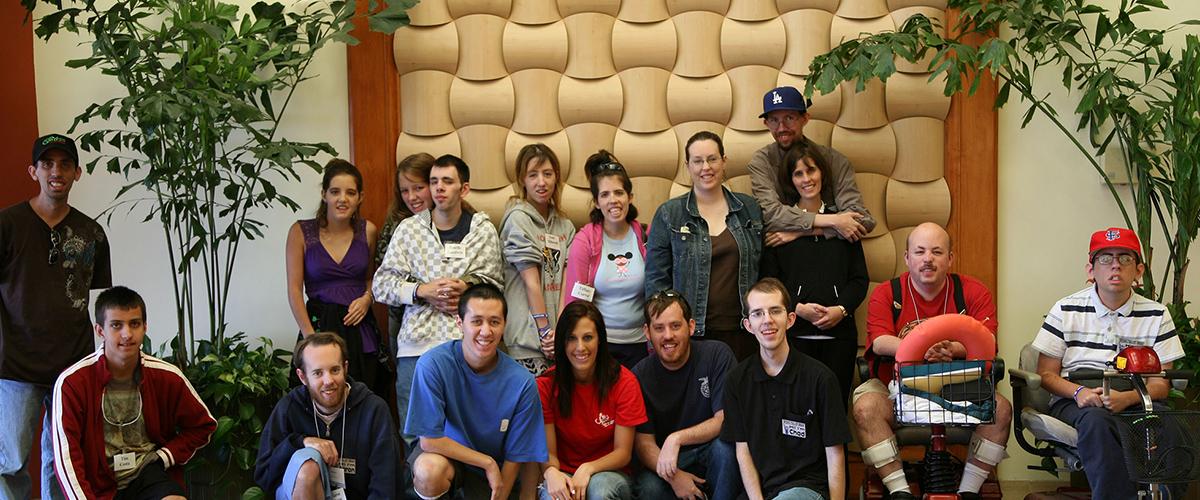Participants are often frustrated to find that they have limited to no access to their own data from a clinical study or interventional clinical trial. The operative phrase for the participant here is “their own data,” that results from the time, effort, and risks the patient undertakes to participate in clinical research. While their data may collectively contribute toward improving future clinical trials or provide the basis for regulatory decisions for a candidate therapeutic, the study participant views the data as having personal value.
The frustration for participants in learning little of study outcomes lies in feeling abandoned just as the study punch line becomes evident. Yet, potential patient confusion that any “research results” may automatically have reliable clinical value is a confounder to full transparency. To address this controversial issue, the NAS was asked by the Centers for Medicare and Medicaid Services (CMS), the Food and Drug Administration (FDA), and the National Institutes of Health (NIH) to develop a roadmap toward balancing the expectations of participants in clinical research with a careful risk-benefit assessment of the practice of releasing individual results to study participants.
NAS Report Advocates for Better Communication
The NAS put together a committee, bringing together experts in clinical research, informatics, stakeholder engagement, and biomedical ethics (patient representatives were included as reviewers of the report), that worked for a year to produce a 380-page report entitled: “Returning Individual Research Results to Participants: Guidance for a New Research Paradigm.” The report PDF is available at no charge on the NAS website (see link below).
Overall, the NAS report states: “The responsible return of individual research results requires careful forethought and preparation. Thus, the committee recommends that investigators include plans in study protocols that describe whether results will be returned and, if so, when and how and that research sponsors and funding agencies require that applications for funding consistently address the issue. Additionally, institutions and IRBs should develop policies to support the review of plans to return individual research results.” The decision about communicating research results to the patient was conceptualized by the committee as balancing the perceived value of the data to the participant with the feasibility of returning individual data in an understandable fashion. The demands that increased communication will place on the research enterprise are not inconsequential, but the potential benefits for clinical research through improved engagement and trust are considerable.
The NAS report highlights 12 specific recommendations to: facilitate evaluation of the risks and benefits of return individual research results to patients, establish biospecimen management procedures to ensure quality management, establish a decision making process for return of individual research results, ascertain patients preferences and values, guide planning for return of individual research results, effectively communicate individual research results to participants, and help reshape the regulatory environment.
Toward Better Clinical Studies
Taken together, the report seeks to implement changes that will improve collaboration and transparency between clinical investigators and research participants in order to improve the quality and effectiveness of clinical research. The benefits of improved engagement of stakeholders in the clinical research enterprise (e.g., patient-centered research) are already evident in improved study recruitment and retention, evolution of clinically meaningful study endpoints, and, ultimately, more effective care and novel therapeutics. With this report, NAS has broached the next logical step in committing to stakeholder communication. MDF encourages clinical researchers working on DM to read and carefully consider the NAS report.
References:
Returning Individual Research Results to Participants: Guidance for a New Research Paradigm: https://www.nap.edu/catalog/25094/returning-individual-research-results-to-participants-guidance-for-a-new
A series of additional NAS reports under the topic of “Exploring the Treatment of Research Participants” can be found at: https://notes.nap.edu/2018/07/12/treatment-research-participants/.

